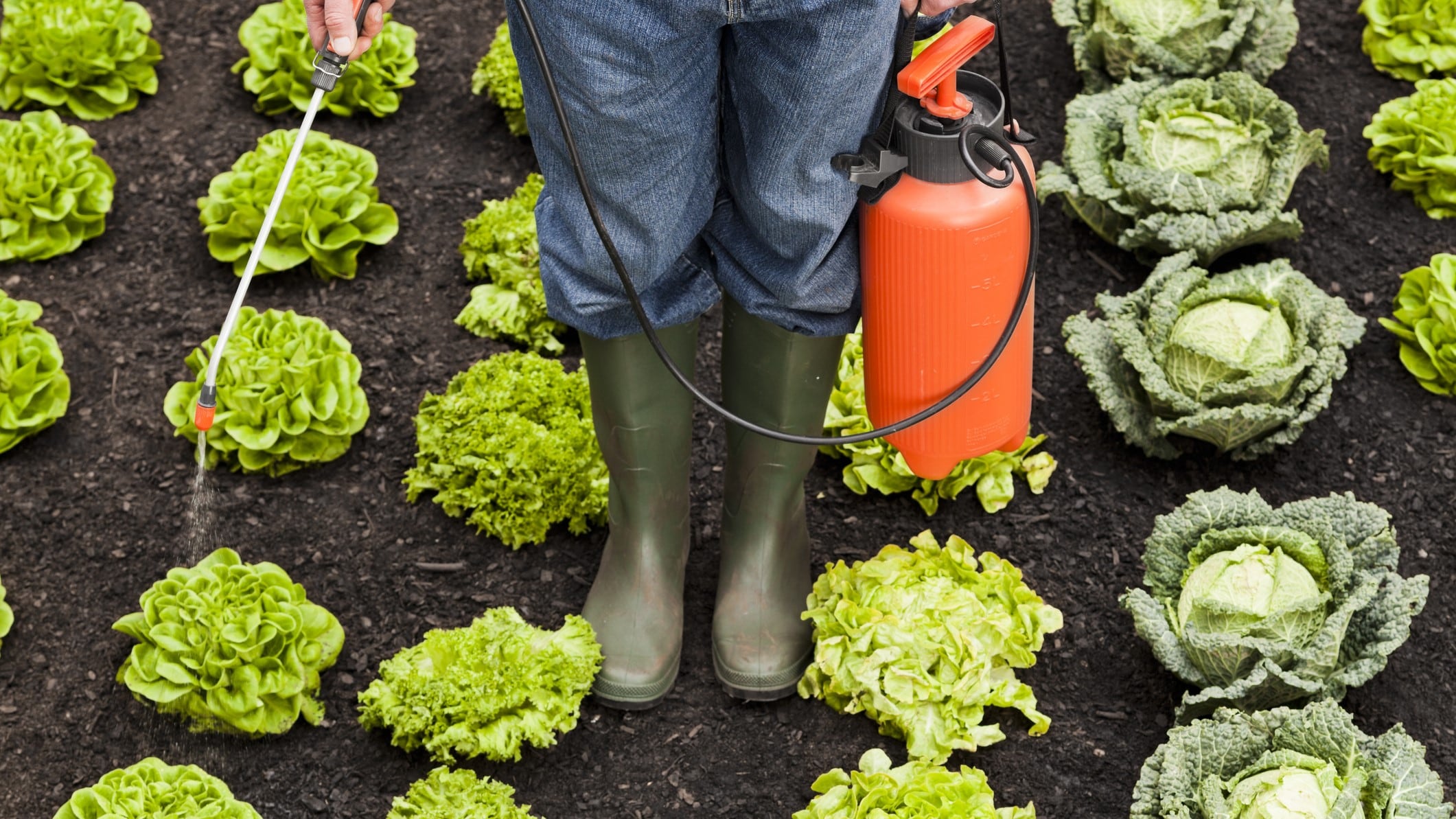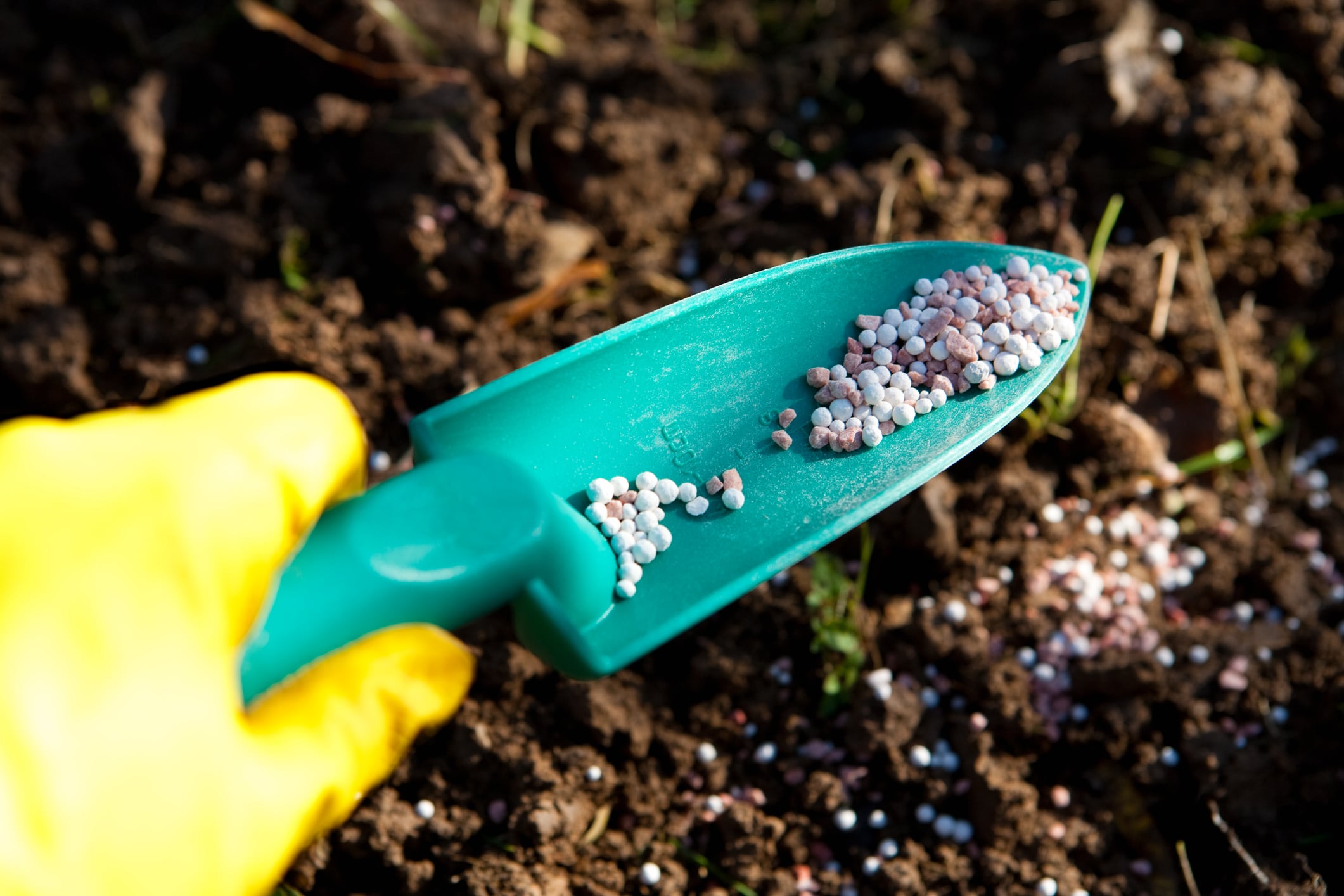Voluntary direct payment schemes provide farmers transitioning to pesticide-free production with income supports based on their farm’s size in hectares
Swiss experts found that such policy schemes reduced trade-offs resulting from the extreme choice between conventional and organic, and could help establish large-scale pesticide-free conventional production system.
To maximise the returns of the policy, they established the key policy goal to be reducing pesticide risks without harming food security and farmers’ income.
Flexibility in these payment schemes is also key by allowing some crop rotations pesticide-free and not others. Some crops like cereals, oilseeds and protein seeds were found to be highly profitable for pesticide-free transition, compared to potatoes.
Additionally, their results highlighted a need to support different actors in developing pesticide-free production system, including supporting efforts in plant breeding, and improving production system for less profitable crops.
“For upstream actors, our findings underline the need to provide farmers with new inputs. For example, new, robust varieties, new technologies, and new forms of extension service will be required if switching to pesticide-free production.
For downstream actors, the widespread switch to pesticide-free production implies new challenges in meeting desired production volumes and production qualities, as well as new marketing opportunities. For example, labelling pesticide-free products will become a viable option,” explained the researchers.
Key findings
The study found that the transition to pesticide-free production is profitable for cropping systems that were already fungicide- and pesticide-free, and previously used all types of pesticides.
Pesticide-free production is also less attractive for farmers who have crops with high potential yield losses.
The effects on farmers’ income are also small as adopting pesticide-free production is compensated with direct payments and higher prices of products. It often also implied a cost reduction in labour and machinery.
These results were based on a bio-economic modelling framework developed by the researchers to quantify the impact of large-scale transitions into pesticide-free, non-organic production systems on food production and income at national scale.
The data accounted for in this impact assessment include yield losses and changes in machinery costs and labour requirements due to pesticide-free production, as well as the adoption rate of voluntary pesticide-free direct payment programmes in Switzerland.
Other factors influencing transition to pesticide-free production
For the yield losses, the study found that experts’ estimation might not be the most accurate due to potential spillovers of pests and diseases from pesticide-free farms to other farms. This implied that spatial coordination could improve efficiency of policy efforts.
Previous literature also highlighted that farmers’ decisions might not be entirely influenced by profit maximisation but behavioural factors.
“Aspects like resistance to change, risk tolerance, environmental concerns, and behaviours of fellow farmers influence farmers’ decision to adopt more sustainable farming practices (Dessart et al., 2019).
“Thus, our evaluation of pesticide free cropping systems does not consider behavioural factors which might lead to a low individual openness towards such systems.”
Notably, the researchers highlighted that its modelling framework is limited by assumptions on farmers’ decision making and the market demand for pesticide-free products.
On what influences farmers’ decisions, they said: “From this viewpoint, modelling results based on profit maximization might overestimate adoption rather than underestimating it. On the other hand, we do not consider behavioural factors such as environmental attitudes and social networks, which might influence the adoption rate positively rather than negatively.”
On the market demand for pesticide-free products, they said: “Prices for crops are based on exogenous assumptions. Prices for pesticide-free products can decrease because of quality deficits. But they could also increase because consumers are willing to pay more for these environmental-friendly products.
“Moreover, the reduction in production volume might also lead to changes in market prices, which are not considered in the calculations. Likewise, effects from possibly changing imports and exports on market prices were not considered.”
Source: Agricultural Systems
“Modelling policies towards pesticide-free agricultural production systems”
Authors: Mack, G., et al.




